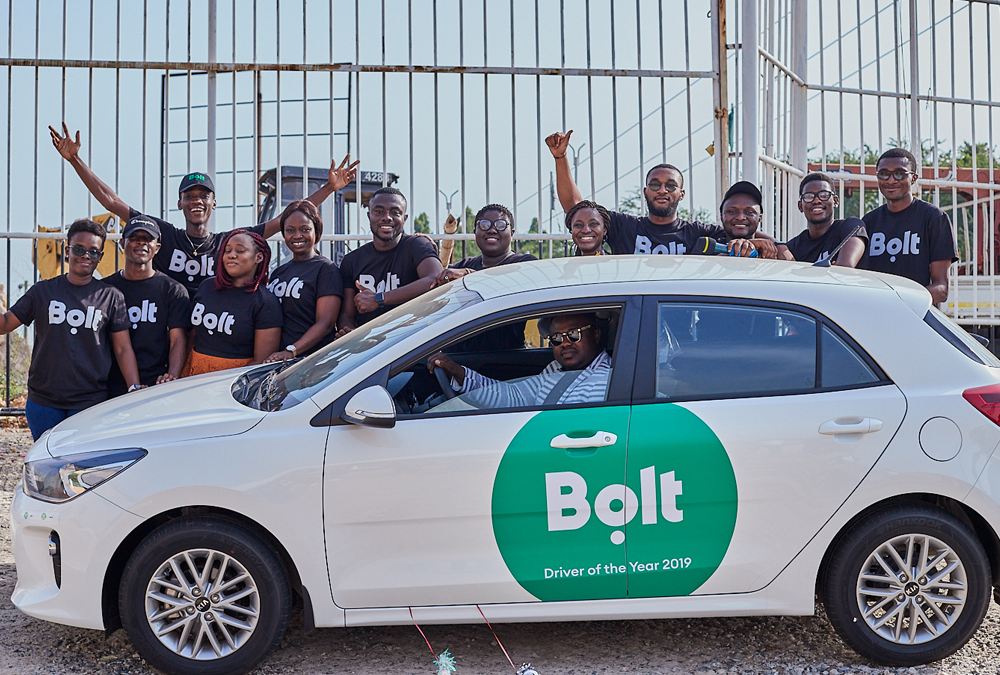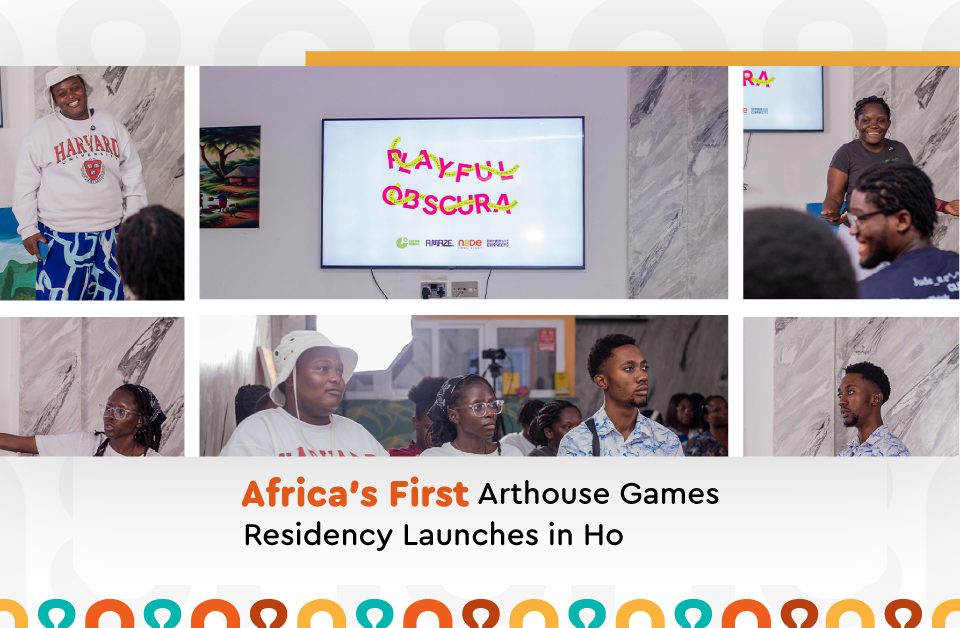Medical Solutions APP ‘Pocket Pharmacy’ wins Ho Startup summit Pitch Contest
January 20, 2022
Ten Startups pitch for cash and incubation in SDG Innovation Challenge
March 28, 2022The arrival of ride-hailing service provider, Bolt in the Volta Regional Capital has been greeted with mixed feelings.
Many have asked genuine questions about the level of research conducted into the transport market in Ho to inform Bolt’s decision to venture into the space.
It is important to note that transportation in Ho is predominantly dominated by taxi cabs which, used to charge about Ghs. 1.20 to transport passengers to almost every part of town as of 2012.
Before the taxis started charging Ghs, 1.20, they were charging 80 pesewas. By 2016, transport fares in Ho rose to about Ghs 2.00. Many residents complained bitterly of the price hikes until the arrival of tricycles popularly known as “Mahama Can do”.

The three-legged vehicles mostly coloured yellow crisscrossed the municipality charging just Ghs. 1.00. That literally stopped the bolting transport fares in their tracks for quite a while and later slowed the rate of increase. That was the second major disruption to public transportation in Ho.
Before the era of taxis which gained popularity in the early 2000s, there were ‘trortror’ like buses that normally moved from the central business area to all communities. There were buses from Market to areas like Afife Kope (now Sokode Lokoe), Police Depot, Poly area among others.
 the likes of buses that were the major form of public transport in Ho until the late 1990s.
the likes of buses that were the major form of public transport in Ho until the late 1990s.
A popular name in the bus business back in the day was “Love all”.
It is obvious the arrival of ride-hailing services in Ho will be the third disruption to transportation in the town that is fast growing with a rising youthful population being driven by the influx of tertiary students.
It is important to reckon that Ho is no more as conservative as it used to be in the late 1990s and early 2000s. Ho is fast becoming cosmopolitan and that must be a factor informing businesses that are venturing into the space.

If Bolt has indeed come to stay, then how should SMEs take advantage of it?
Here are a few tips.
1. A more regulated transport business.
Hitherto, transport business operators normally buy taxis, tricycles and or Motorbikes for friends and family and prescribed a fixed value to be paid on a daily basis without knowing how many trips the vehicle does a day and which areas the vehicle visited.
With Bolt, transport business providers can better regulate their business and charge percentages on trips done. That should possibly make the transport business in Ho a more lucrative venture, mutually benefiting vehicle owners and drivers.
2. Delivery Services.
Even though there are a few delivery service providers in town, Bolt will definitely make it easier to deliver products to wherever in town.
Business owners would not need to buy their vehicles to provide delivery services thereby reducing the start-up cost of businesses.
Even though it is important to protect indigenous businesses, i.e, delivery services, fair competition will ensure equilibrium and that is more equally important.
3. In-Car Advertisement/Sale
Here is something we don’t do much of in Ghana.
When a passenger joins a Bolt or any other ride-hailing service, that person presents the driver an opportunity to strike a conversation to easily make a sale or advertise a product or service.
With such an opportunity for one-on-one engagement, one could explain an offer and answer questions while driving.
Items like wristwatches, perfumes and books amongst others could be conveniently stationed in the car and sold to passengers. The items do not need to be much. 3 or 4 samples to show should do.

A variety of men/women’s watches in a storage box.




